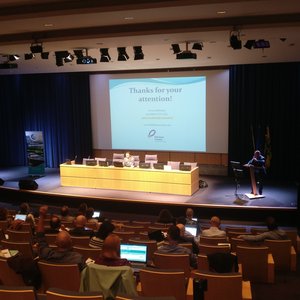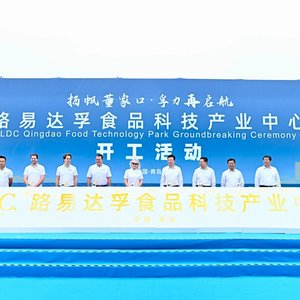Integrated culture is a solution that encourages greater environmental management while increasing economic benefits for growers and communities, but requires innovative ideas commercially adopted by the industry for further development.
A study conducted by Brazilian and British researchers evaluated the effects of heterotrophic and mature biofloc systems on yield, water quality, sludge production, water bacterial community, recovery of nutrients and fish health in Litopenaeus vannamei and Oreochromis niloticus integrated culture through a 53-day experiment.
Two treatments were evaluated: an organic carbon (C) supplemented system (heterotrophic treatment), in which organic C was supplemented throughout the whole experiment and no biofloc inoculum was added at the beginning; and a mature treatment in which half of the volume of shrimp units was filled with biofloc-rich water from a previous rearing cycle before the culture started.
Shrimp (3.34 ± 0.03 g) and fish (5.73 ± 0.06 g) were stocked at 300 shrimp m−3 and 344 fish m−3. Shrimp was fed according to a feeding table, while tilapia was fed at the rate of 1% of their biomass to stimulate the ingestion of bioflocs.
Shrimp growth performance was unaffected but fish reared in the heterotrophic treatment exhibited better values for all growth performance variables evaluated. Total ammonia nitrogen and nitrite were lower in the mature treatment. Total sludge produced in the heterotrophic treatment was 114% higher than that in the mature treatment which resulted in greater sludge produced per animal biomass (sludge to biomass ratio).
Bacterial community diversity was reduced in the heterotrophic treatment, and relative abundance of Vibrionaceae was reduced. The recovery of N and P was higher in the heterotrophic treatment. Fish health was unaffected by the biofloc system.
This research shows that the organic C supplemented system favored fish growth in the integrated rearing, maintaining water quality suitable for growing organisms and healthy fish. In contrast, the mature system produced less sludge.
Read the study here.












